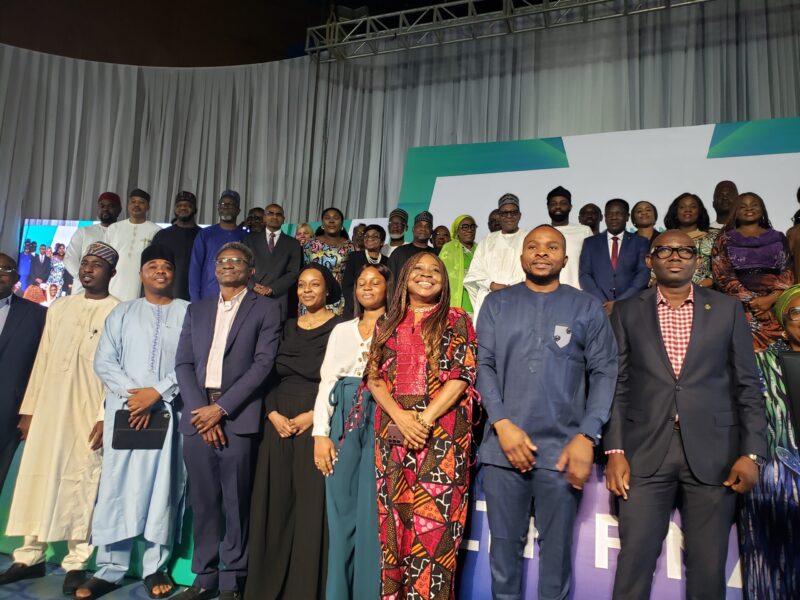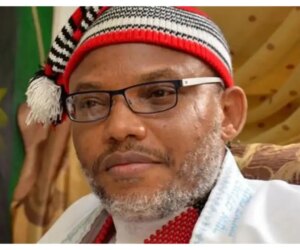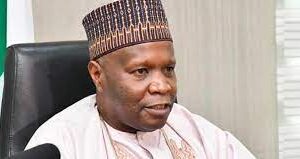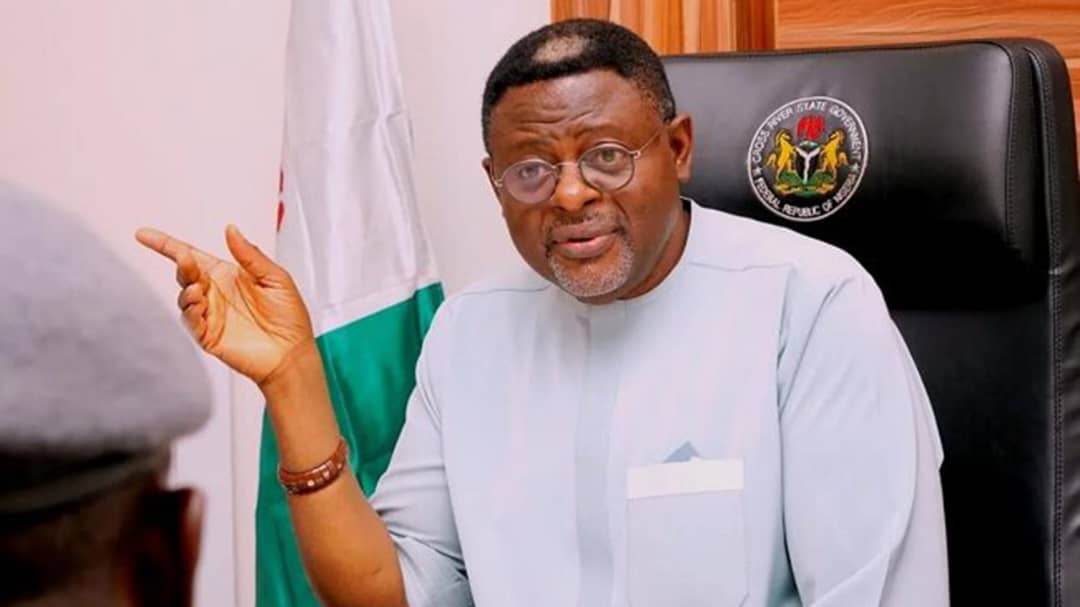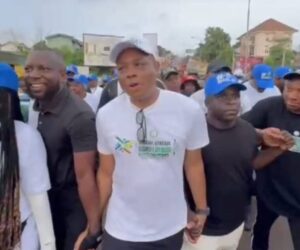Media professionals have called for the active involvement of journalists in the governance of Nigeria’s health sector.
The professionals noted that the media can play a vital role in ensuring transparency, building public trust, and amplifying voices for improved domestic resource mobilisation.
The call was made during a panel session on “Leveraging media as a strategic tool for transparency and accountability in driving domestic resource mobilisation for health,” at the National Health Financing Dialogue in Abuja on Monday.
Speakers from the media and civil society highlighted challenges including limited access to information, poor communication of policies, and declining public trust in the press.
They said all of these undermine the country’s efforts to mobilise sustainable resources for healthcare.
The dialogue brings together health officials, development partners, civil society groups and the private sector to craft new strategies for sustainable health financing in Nigeria.
The four-day event, themed “Reimagining the Future of Health Financing in Nigeria,” is expected to produce commitments to reduce out-of-pocket spending, improve accountability, and strengthen domestic funding for the health sector.

Transparency, timely information
Sebastian Abu, Deputy President of the Nigerian Guild of Editors, said the ability of journalists to prioritise health financing stories depends largely on the transparency of public officials.
Mr Abu emphasised that for health financing to gain prominence in newsrooms, officials must be more open with information and engage the media proactively.
“One of the ways in which we can prioritise health financing is by the real story being presented to the reporter, who is then able to present it in such a way that it becomes a priority to be featured prominently,” he said.
“But those who provide health care administration must be transparent enough to speak and to give information to reporters. Not many are willing to even speak to the media, and it becomes a problem.”
He also lamented the hostile environment journalists sometimes face, recalling recent incidents where reporters were insulted or even media houses shut down by political actors.
According to him, such attitudes discourage the media from doing its watchdog role effectively.
“If reporters are not given access to information or are treated as threats, then the kind of stories that get written will not advance the cause of health financing,” he said.
Idris Akinbajo, Managing Editor of PREMIUM TIMES, said that while the media plays a vital role in accountability, it can only do so effectively if public officials embrace transparency and timely information sharing.
Mr Akinbajo noted that many health agencies still make it difficult for journalists to access basic budgetary and programme details, despite the Freedom of Information (FOI) Act.
“Heads of agencies, for starters, must be deliberate about being proactive with information. I don’t see why they need to wait for the General Economic Committee before giving out information,” he stated.
He explained that while some agencies, such as the National Primary Health Care Development Agency (NPHCDA), occasionally respond to FOI requests, many others fail to do so.
Mr Akinbajo cautioned that lack of openness from government actors worsens the trust deficit in the media, as citizens often doubt reports when they do not see consistent, verifiable data.
Women journalists highlight human cost
Aishatu Ibrahim, National President of the Nigerian Association of Women Journalists (NAWOJ), revealed the need for female reporters to centre the experiences of women and children in their coverage of health financing.
Ms Ibrahim cited the story of a woman who lost her twin babies after she could not raise funds to access the hospital on time.
“We will insist that female journalists highlight these disparities in accessing health care. When you use the human angle and share personal experiences, it is more impactful and people will relate to it much better,” she said.
Also speaking, Seun Durojaye, Chief Editor Social Voices, described digital platforms as a bridge between communities and policymakers in exposing health financing gaps.
Ms Durojaye outlined four ways civic media can strengthen accountability; accessibility, visibility, accountability loops, and the community-to-policy bridge.
“Citizens can now report online, cutting out traditional gatekeepers, and instantly share what is happening in their local clinics. These realities are no longer hidden – and when aggregated, they reveal patterns of budget performance,” she said.
Ms Durojaye added that solutions journalism is key to sustaining hope. “Yes, things are going wrong. But there are also examples of what is working. If you spotlight communities where health facilities function, others become more aware of what they are entitled to.”
Role of Journalists
Joseph Kadiri, President of the Association of Nigerian Health Journalists (ANHEJ), emphasised the need to simplify complex policy language for the public.
Mr Kadiri said reimagining the future of health financing in Nigeria is cumbersome.
“It needs to be broken down, and it is the media that will do that,” he said.
He added that journalists often face resistance from health officials, who sometimes discourage disclosures even under the Freedom of Information (FOI) Act. “What you see on the pages of newspapers is directly proportional to the information available to us,” he noted.
Rebuilding trust in the media
Discussions also touched on the growing trust deficit between the media and citizens. The audience admitted that they often cross-check stories from multiple outlets before believing reports.
Panelists acknowledged that for the media to effectively champion health financing and domestic resource mobilisation, it must first confront the trust deficit it faces with the public.
READ ALSO: “Nation owes us no favour” — Olympic champion Udo-Obong stirs controversy with social media post
Mr Kadiri, agreed that citizen engagement and feedback loops are essential to rebuilding trust.
“For us to earn the trust, I believe that as journalists, we need to come up with programmes and contents that allow citizens to participate,” he said.
“This feedback is key. People must hear from you, but you must also hear from them.”

